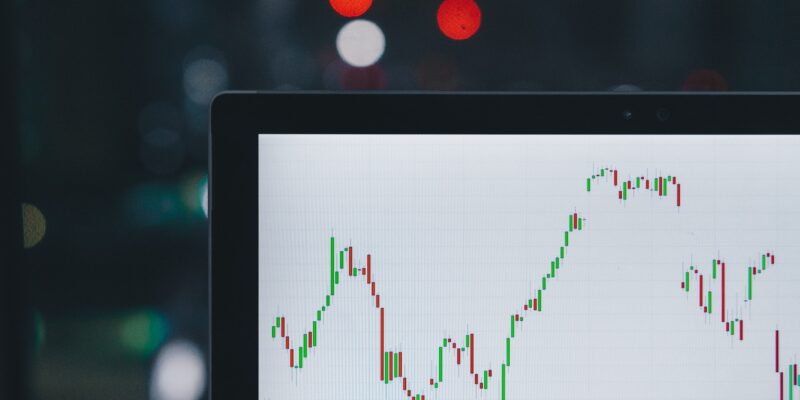In today’s world, the urgent need to address climate change and promote sustainable development has become increasingly evident. To achieve this, we must focus on constructing an ecological civilization, accelerating economic development, and fostering institutional innovation. One of the key strategies to achieve these goals is by leveraging the power of the market to effectively manage greenhouse gas emissions, resource allocation, and the development of a carbon emissions trading market. In this blog post, we will explore how these initiatives can contribute to the overall development of a sustainable future.
Ecological Civilization and Economic Development
The concept of ecological civilization emphasizes the harmonious coexistence between humans and nature. It recognizes the importance of sustainable economic development that takes into account environmental preservation and the well-being of future generations. By adopting this approach, we can drive economic growth while minimizing the negative impact on the environment.
Harnessing the Market’s Role in Greenhouse Gas Emissions
The market plays a pivotal role in shaping economic activities and resource allocation. By giving full play to the market’s decisive role in managing greenhouse gas emissions, we can incentivize industries and individuals to adopt cleaner and more sustainable practices. Carbon pricing mechanisms, such as emissions trading, provide economic incentives for reducing emissions and encourage the adoption of low-carbon technologies.
Resource Allocation and Emissions Control
Efficient allocation of resources is crucial for sustainable development. By integrating carbon emissions into market mechanisms, we can effectively allocate resources based on their environmental impact. This encourages industries to optimize their operations, reduce emissions, and invest in cleaner technologies. Such measures not only promote environmental sustainability but also improve resource efficiency and enhance economic competitiveness.
The Importance of Carbon Emissions Trading
Carbon emissions trading markets provide a platform for buying and selling emission allowances. They create a system where companies can trade their emissions rights, allowing those who emit less to sell their excess allowances to those who exceed their allocated limits. This market-based approach promotes flexibility, cost-effectiveness, and innovation in emissions reduction strategies. It also enables companies to invest in emission reduction projects and technologies, thereby driving the transition towards a low-carbon economy.
Standardizing and Running the Carbon Emissions Trading Market
To ensure the effectiveness and integrity of the carbon emissions trading market, it is essential to establish standardized regulations, transparent reporting mechanisms, and robust monitoring systems. Governments, policymakers, and market participants must collaborate to develop consistent methodologies, measurement protocols, and verification processes. Regular monitoring and evaluation of the market’s performance will enable continuous improvement and address any challenges that may arise.
To achieve the ambitious goals of ecological civilization, sustainable economic development, and effective greenhouse gas emissions control, the establishment of a well-functioning carbon emissions trading market is crucial. By leveraging market mechanisms, allocating resources wisely, and promoting institutional innovation, we can foster a transition towards a more sustainable future. It is a collective responsibility to embrace these approaches and work together towards building an ecological civilization that ensures the well-being of both present and future generations.

